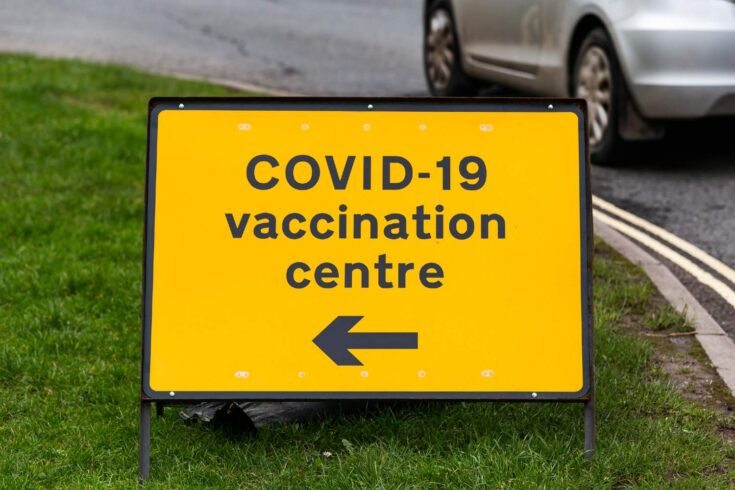The work of MRC-supported researchers provided global leadership and world-leading research in clinical trial implementation, health data management, vaccine development and genomic surveillance through sequencing from early 2020.
The speed and scale of this unprecedented mobilisation was possible thanks to expertise, infrastructure and a knowledge base developed over decades of funding.
About the project
In early 2020 MRC, in collaboration with the National Institute for Health Research (NIHR) and UK government departments, began funding research platforms and projects to provide immediate data and analysis to combat the SARS-CoV-2 virus threat. As part of the UKRI response, MRC is now leading a £256 million research portfolio of COVID-19 relevant projects.
More than 60% of this funding will be spent by the end of 2021 and has been allocated to projects that explicitly aim to have a rapid impact to prevent, treat and manage the pandemic.
The research community response has been unprecedented, with more than 3000 applications submitted to MRC-led COVID-19 funding opportunities in 2020. Researchers have rapidly formed collaborations both within and between research organisations.
Impacts of the project
MRC-funded research has led to a range of impacts across several sectors.
Vaccine development
The Oxford/AstraZeneca vaccine is the most widely used vaccine in the world due to early consideration of requirements for global use, with doses administered in 177 countries through the COVAX initiative. The development of the Oxford/AstraZeneca vaccine was substantially founded on years of MRC-funded research, and publicly funded by MRC and partners in the early clinical studies.
The vaccine’s assistance in bringing the global pandemic under control could provide benefits in global income of almost 9 trillion dollars by the end of 2025.
Finding effective treatments
RECOVERY, the first and largest clinical trial for identifying treatments for COVID-19, currently has over 40,000 participants and 180 active sites across the world. It has investigated 10 potential treatments, and in its first year definitely ruled out four of these. The trial has saved an estimated 22,000 lives in the UK and one million lives worldwide through the early identification of dexamethasone, the first effective treatment for patients hospitalised with severe COVID-19.
Providing expertise
Working with other funders and leaders in the biomedical community, MRC led efforts to brief government committees and provide expertise, including through the COVID-19 Therapeutics Advisory Panel (UK-CTAP). Directors of MRC institutes and units are also members of government advisory bodies, such as the Joint Biosecurity Centre.
Sharing health data
Health Data Research UK (HDR UK) has spearheaded the availability of patient and public health data within the UK. as the coordinator of the UK Health Data Alliance. It also convened the International COVID-19 Data Alliance (ICODA), including 20 global public and private partners. The ICODA ‘Workbench’ tool enables researchers to access global patient data and speed up the development of treatments.
Identifying virus variants
The COVID-19 Genomics UK Consortium (COG-UK), run by NIHR, UKRI, and the Wellcome Sanger Institute, is a global pioneer in rapid, large-scale genome sequencing of the SARS-CoV-2 virus. COG-UK was launched in April 2020, and a year later almost half the world’s sequences of SARS-CoV-2 were provided by the consortium. To date, this systematic approach has generated nearly half a million virus sequences, identifying new variants of concern and how they are spreading.
Find out more
Read the MRC COVID-19 response interim report.
Visit the ‘MRC response to COVID-19’ web page (The National Archives).

